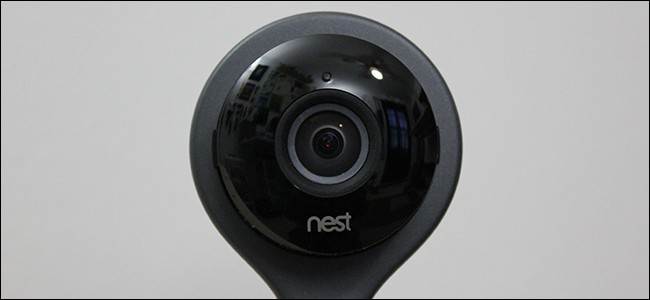Not sure if this is best place to post this but I am looking into getting a wireless security system. Never messed with security systems before. Looking at getting an 8 channel system, will probably use 4 cameras to start out, just want to leave room to add more if needed. No idea what brands are good ones to get or stay away from.
I know they have 4k systems and that would be nice to have although not sure needed. With a 4k system, would storage become a problem pretty fast? How reliable are wireless systems? I think one issue for us with a wireless system is the cameras will be used around an all metal building. We have internet inside the building but not sure if it will have trouble picking up the signal if the camera is right outside.
I know they have 4k systems and that would be nice to have although not sure needed. With a 4k system, would storage become a problem pretty fast? How reliable are wireless systems? I think one issue for us with a wireless system is the cameras will be used around an all metal building. We have internet inside the building but not sure if it will have trouble picking up the signal if the camera is right outside.




